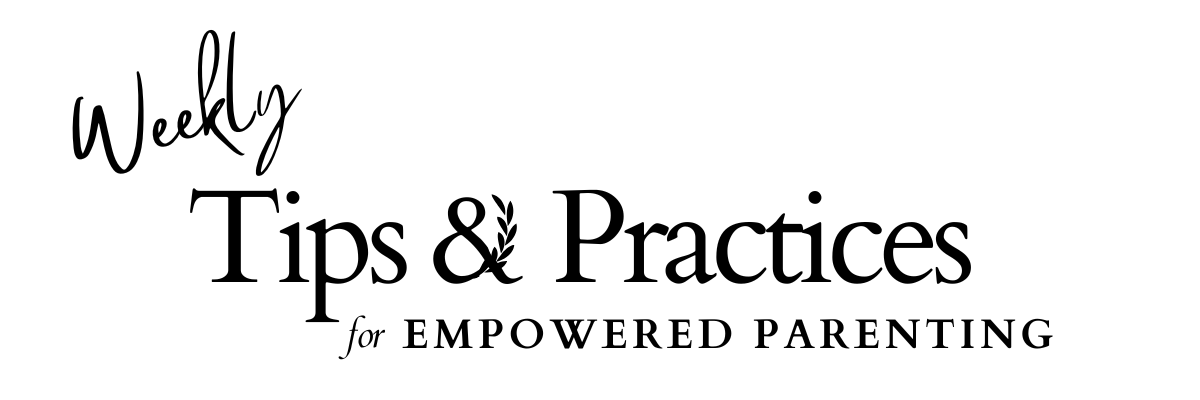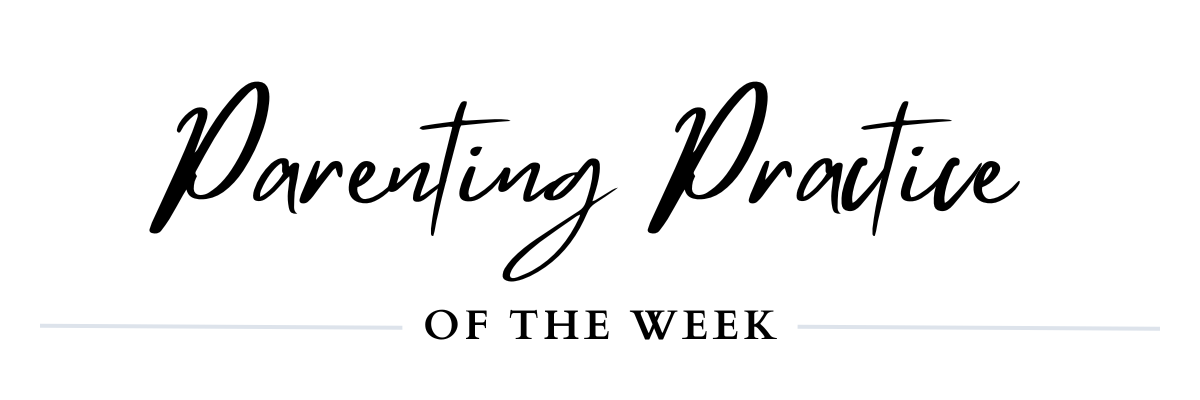Is it really “just words”? How language shapes connection at home

Most of us would never think of ourselves as violent.
We’re loving, devoted parents doing our best, often under stress, without enough support, and carrying patterns we didn’t choose.
But if we pause and expand our definition of “violence” to include anything that erodes empathy, connection, or dignity… even subtly… we might start to see it differently.
Not as a moral failing. But as a signal. A call to grow.
Sometimes, in moments of overwhelm or frustration, we express our needs through judgment, blame, or criticism. Not because we want to hurt anyone, but because we’re hurting, too.
“You're being dramatic.” → dismisses emotions.
“If you don’t stop crying, you're going to your room.” → unintentionally threatens connection.
“I’m such a bad mom.” → turns that pain inward.
These patterns are often inherited, automatic, and unconscious. We learned them early, and they’re hard to unlearn.
But we can learn something new. With self-compassion. With intention. And with practice.
And it's worth it.
Because our kids are worth it.
And so are we.

Tool to Try This Week: Violence Translation
Pick a phrase you often say (to your child, partner, or even yourself) that feels charged or disconnected.
Ask yourself gently:
- What am I truly needing here?
- How could I express that with more care, for them and for myself?
For example:
From: “Why can’t you just listen to me?!”
To: “I’m feeling overwhelmed. I need some cooperation and ease right now. Can we work together to make this easier?”
Tiny shifts in language can open big doors in connection.
You don’t have to get it perfect—you just have to be willing to try something new.
Share This Article:
Curious for more?














